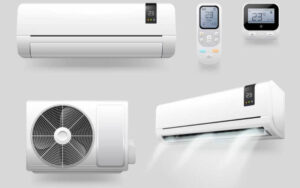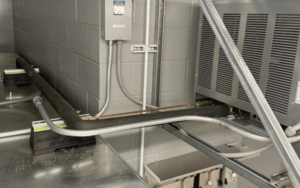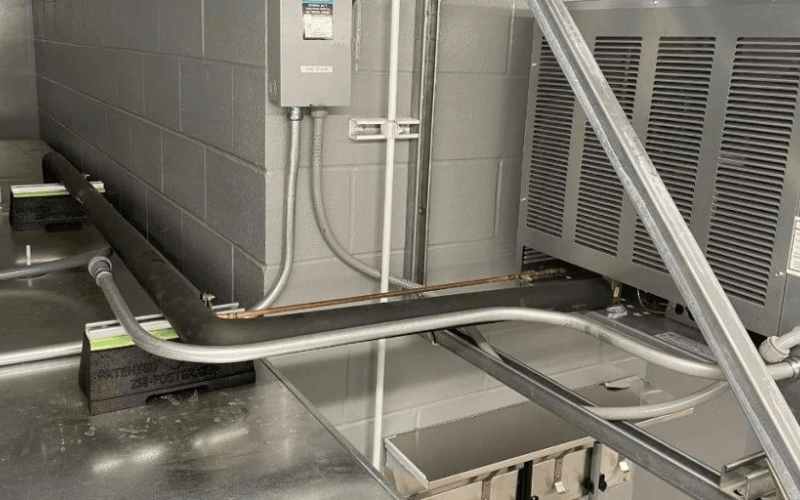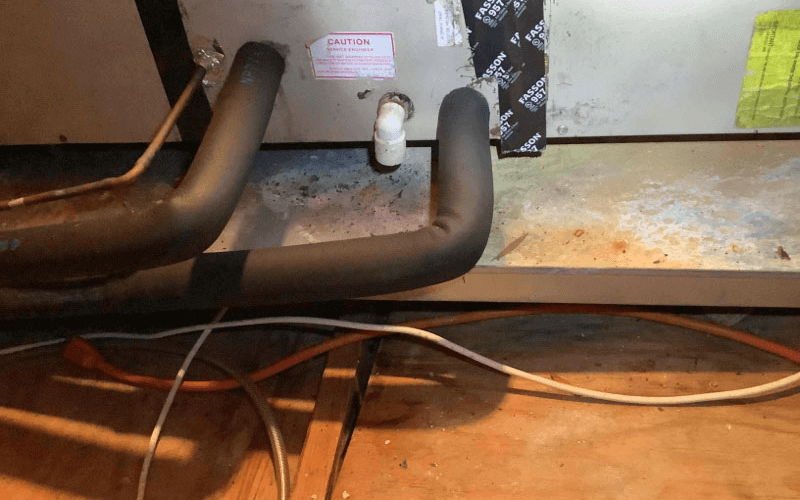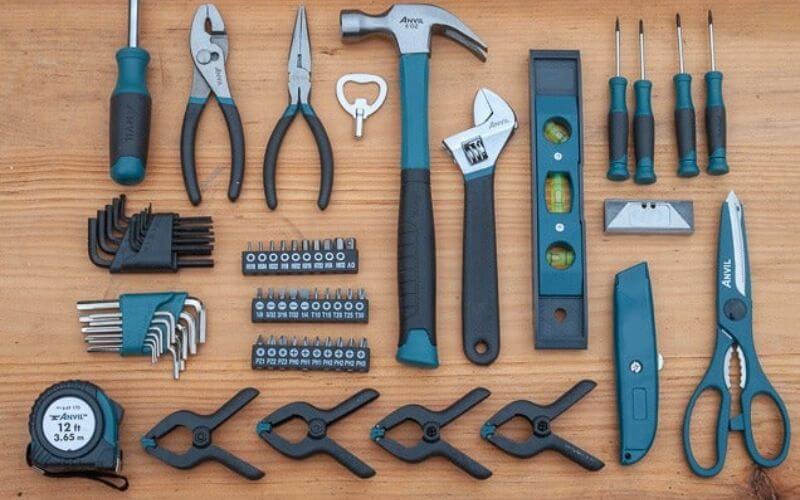Gas water heaters are a popular choice among homeowners seeking durability and efficiency in their water heating systems. However, some individuals express concerns regarding the absence of a dedicated tank for storing hot water. It is worth noting that most gas hot water heaters consume approximately 20 to 50 therms of gas per month, equal to roughly 100,000 BTUs.
Table of Contents
ToggleThis blog post explores the factors influencing gas water heater usage and provides valuable information regarding average cost. If you are curious about your water heater’s gas consumption, keep reading!
How Much Gas Does A Water Heater Use?
When evaluating the gas usage of your water heater, there are several things to consider. The amount of gas consumed is determined by a variety of factors, including the capacity and performance of the heater, as well as how frequently your household needs hot water.
BTUs.
Understanding BTUs is required to comprehend gas use (British Thermal Units). BTUs are the units used to analyze energy content, similar to how calories determine how much energy is in your favorite snack. Water heaters have an average BTU range of 30,000 to 50,000, with higher BTU figures indicating more powerful heaters.
Efficiency.
The efficiency of a water heater exposes how successfully it utilizes its electricity, whereas BTUs provide an indicator of that power. Even if a less efficient heater has a higher BTU rating, it will almost certainly require more gas.
Warm Water Utilization.
However, don’t overlook the importance of your family’s hot water use. If you have a lot of teenagers who take long showers or family members who insist on long bubble baths, your water heater will work harder and consume more gas.
Gas Usage Cost.
What is a water heater’s typical gas consumption? A gas water heater normally uses between 25 and 60 therms per month, with larger heaters requiring more. Consider feeding your water heater a feast of gas-filled delights in order to keep it producing hot water.
Also, Read: How to Vent Gas Water Heater In Basement?
Is It Expensive To Maintain A Gas Water Heater?
It is best to consider how running a gas water heater will affect your budget. Let’s go through the cost considerations for gas water heaters in this part.
Upfront Cost.
In general, the upfront cost of a gas water heater is more than that of an electric water heater. But don’t let this discourage you! Long-term savings may compensate for the initial investment.
Gas Prices.
Natural gas, a common fuel for gas water heaters, might vary in price depending on where you reside. It is worthwhile to investigate current local gas prices to gain an accurate approximation of ongoing fuel costs.
Efficiency.
Gas water heaters come in a variety of models, each with a different level of efficiency. Choosing a more economical model may cost more upfront, but by cutting your monthly gas bills, you can save money over time.
Energy Efficiency.
Let us now explore energy efficiency in further depth after quickly considering costs. You will have a better grasp of how a gas water heater uses the gas that it consumes.
Also, Read: Is It Normal To Smell Gas From Water Heater?
The Influence of Efficiency Factor.
The Energy Factor is a useful indicator for measuring the efficiency of your gas water heater (EF). It indicates how much hot water your appliance produces per unit of gas consumed. A greater EF signifies more efficiency and lower operating costs.
Adequate Insulation.
Investing in appropriate insulation for your water heater and pipes can dramatically enhance the efficiency of your gas water heater. This minimizes heat loss, increases the volume of hot water produced, and consumes less energy.
Factors Affecting Operational Costs.
A lot of factors influence your water heater’s gas use, which affects your monthly bills. Let’s look at a few deciding factors in this part.
Tank Capacity.
The Capacity of Your Gas Water Heater’s tank determines how much hot water it can hold. When determining the appropriate tank size, keep in mind that larger tanks may require slightly more gas to heat slightly more water.
Frequent Use.
As you use more hot water, your water heater will require more gas. The number of people living in your home, your daily schedule, and the amount of hot water your appliances demand will all have an impact on your gas usage.
Water Temperature.
The higher you set the water temperature, the more gas your gas water heater will require to heat the water to the proper degree. It is critical to achieve a balance between convenience and energy efficiency.
Conclusion.
Knowing how much gas your water heater uses is akin to deciphering a secret code. A variety of factors, including BTUs, efficiency, and your hot water usage habits, influence the never-ending quest for hot showers. So, the next time you enjoy the warmth of boiling water, consider the silent gas guzzler in your basement, which is truly responsible for your nice mornings and relaxing afternoons.
FAQ
How much gas does it take to heat one liter of water?
To heat 1 liter of water by 1 degree Celsius, multiply 4.18 kJ by 70 (the temperature difference) and 150 (the total volume of water), yielding 43,890 kJ. 0.9kg of gas will be required to function at maximum efficiency.
How long does a 48 kg gas cylinder last on a gas geyser?
How often should I replace my gas cylinder? Our gas geyser variety utilizes varying quantities of gas depending on size. On average, the 20L/min geyser consumes roughly 2.8 kilos every hour. As a result, a 48-kilogram cylinder may last 150 x 10-minute showers and, on average, 50 days, depending on water usage.
How long does it take to heat a 150-liter hot water tank?
A 6 kW immersion heater is required to fully heat a tank of water in one hour. A 3 kW immersion heater, on the other hand, can swiftly heat the same volume.
Are gas geysers better than electric ones?
To heat water, gas geysers use liquefied petroleum gas (LPG). These geysers can rapidly heat water and provide a consistent supply of hot water. They are less effective and recover more slowly than electric geysers. They are a good option if you have a large family.


